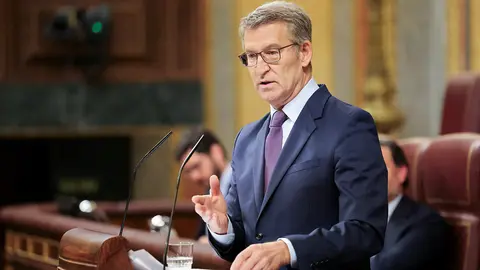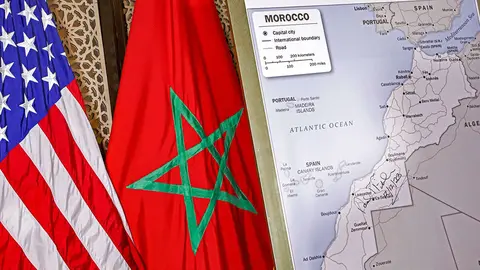Slovenia joins European groundswell of support for Morocco's Western Sahara initiative
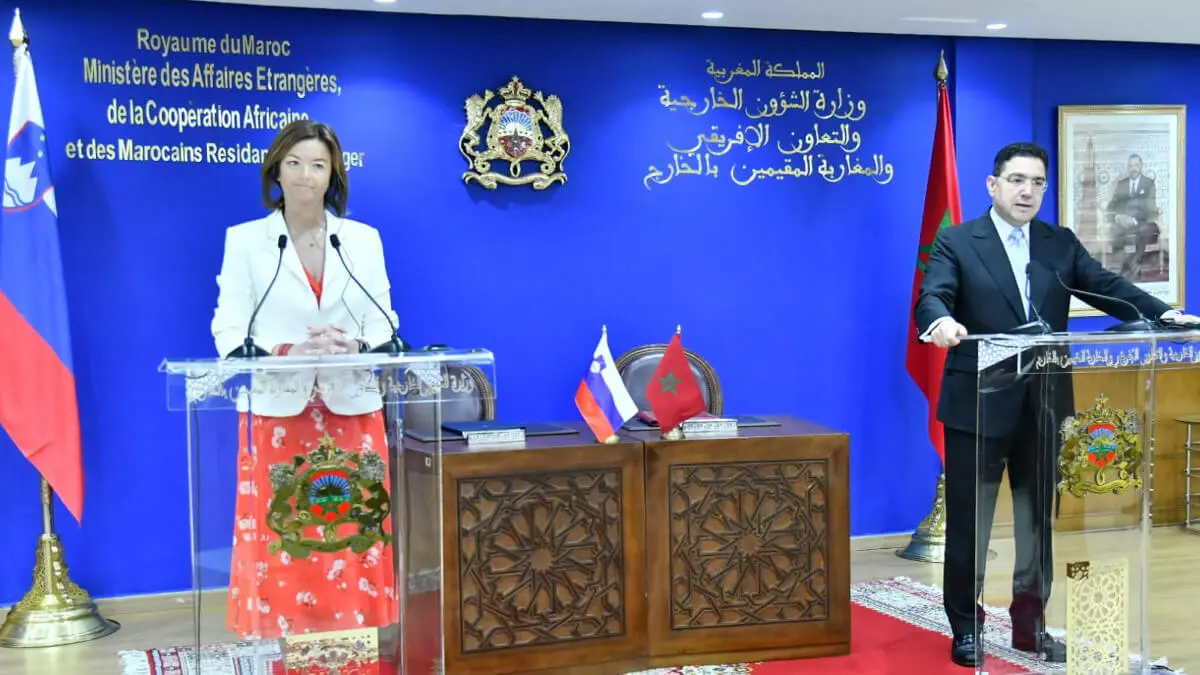
Slovenia showed its support for Morocco's autonomy plan for Western Sahara, considering it "a good basis for reaching a final and consensual solution" to the Saharawi dispute, while respecting the resolutions of the United Nations (UN).
The Slovenian position was officially endorsed after a meeting in Rabat between Nasser Bourita, Moroccan Minister of Foreign Affairs, and his Slovenian counterpart, Tanja Fajon. Following the meeting between the two diplomatic representatives, a joint statement was issued in which it was indicated that Slovenia reiterates its continued support for the process carried out under the auspices of the UN, highlighting Morocco's serious and credible efforts to achieve a realistic, lasting, committed and mutually acceptable political solution to the Western Sahara conflict, which has lasted for more than four decades since Spain's departure from the area as a colonial power.
Both ministers noted their common position on the exclusive role of the United Nations in the political process, reaffirming their support for UN Security Council resolutions, including resolution 2703 of 30 October 2023, as also reported by Morocco's official news agency MAP.
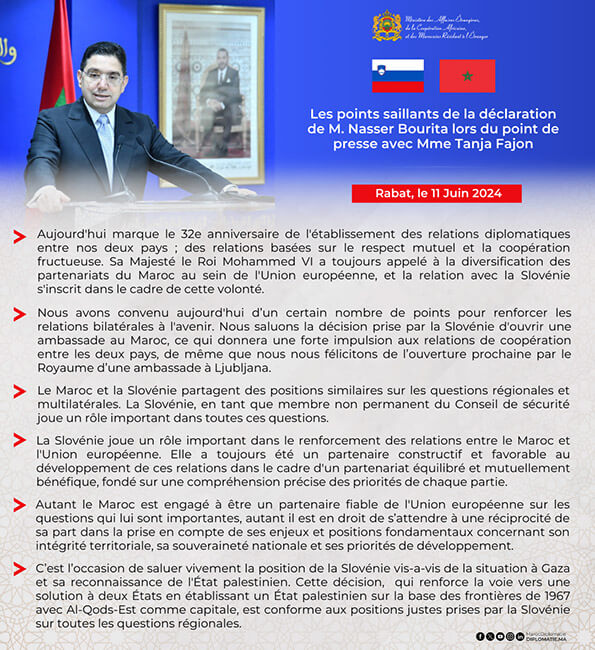
Nasser Bourita and Tanja Fajon underlined the support of both nations for the efforts carried out by Staffan de Mistura, the UN Secretary General's personal envoy for Western Sahara, who has promoted meetings with all the parties involved, including Morocco, the Polisario Front, Algeria, Mauritania and the so-called Group of Friends of Western Sahara, which includes Spain, Russia, France, the United Kingdom and the United States.
All this on the occasion of the official visit to Morocco of the Slovenian Minister of Foreign Affairs, at the invitation of Nasser Bourita, on the occasion of the 32nd anniversary of the establishment of diplomatic relations between the Kingdom of Morocco and the Republic of Slovenia.
During this official visit, the high level of collaboration between Slovenia and Morocco and the desire of both nations to extend economic and commercial cooperation, such as in the port of Koper and Tangier Med, was made clear. In addition, the Slovenian country stressed the great role of the North African country in security matters in North Africa and the Sahel and the important role of King Mohammed VI in the development of the Moroccan kingdom at all levels.
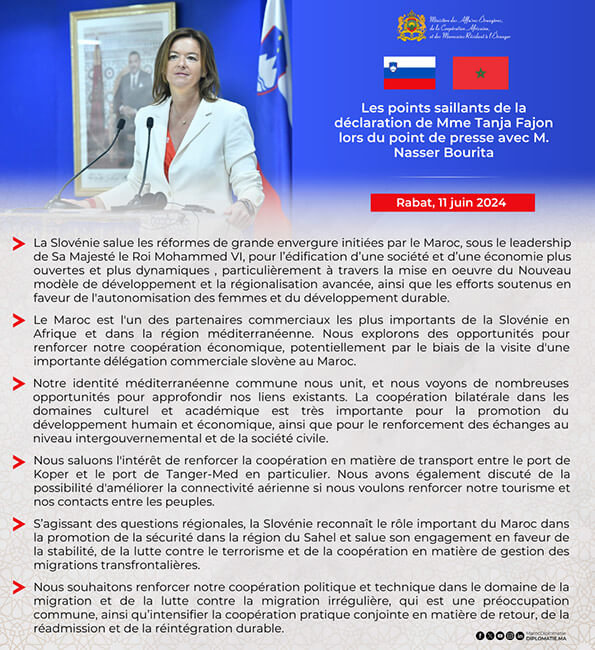
Strong international support for Morocco's proposal
With Slovenia, there are now 17 European Union (EU) countries that have shown their support for Morocco's proposal for Western Sahara, considering it the most serious, credible and realistic way to put an end to the Saharawi dispute. The list is made up of France, Germany, Hungary, Spain, the Netherlands, Slovakia, Cyprus, Romania, Belgium, Luxembourg, Austria, Portugal, Malta, Italy, the Czech Republic, Bulgaria and Slovenia.
Other important nations such as the United States, Israel and the United Arab Emirates have backed Morocco's proposal, which proposes a formula of broad autonomy for Western Sahara under Moroccan sovereignty, respecting UN resolutions, with the aim of developing the area to the maximum in all areas, including social, administrative, economic and political, with a high level of self-government for the Saharawis and leaving foreign policy and defence issues in the hands of the Moroccan state. Even in Africa, countries such as Senegal and Côte d'Ivoire have also shown their support for Morocco's territorial integrity and its plan for Western Sahara.
The strong international support for the Moroccan initiative to resolve the Saharawi dispute contrasts with the Polisario Front's other rival proposal, which advocates holding a referendum on independence for the Saharawi people, which is difficult to achieve due to problems of census and other issues, as various analysts have pointed out, and which has the main support of Algeria, Morocco's great political enemy in the Maghreb, especially after breaking off diplomatic relations with the Moroccan kingdom in August 2021, denouncing alleged "hostile acts" and due to profound political differences on issues such as Western Sahara.
This relationship has been festering until now, despite the outstretched hand offered by the King of Morocco, Mohammed VI, on several occasions with a view to redressing the situation and establishing a good political relationship between neighbouring and brotherly countries such as Morocco and Algeria, as has happened on previous occasions.

